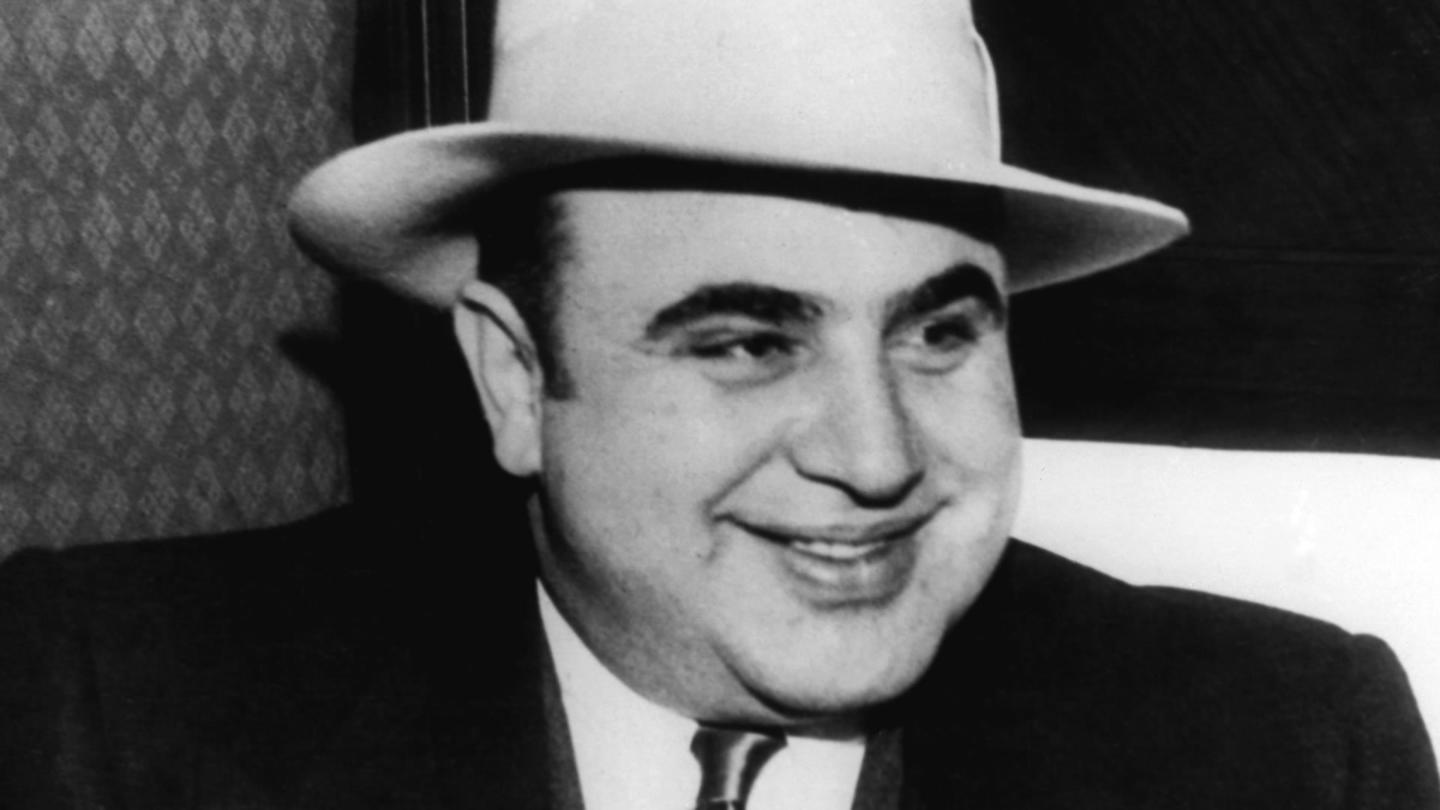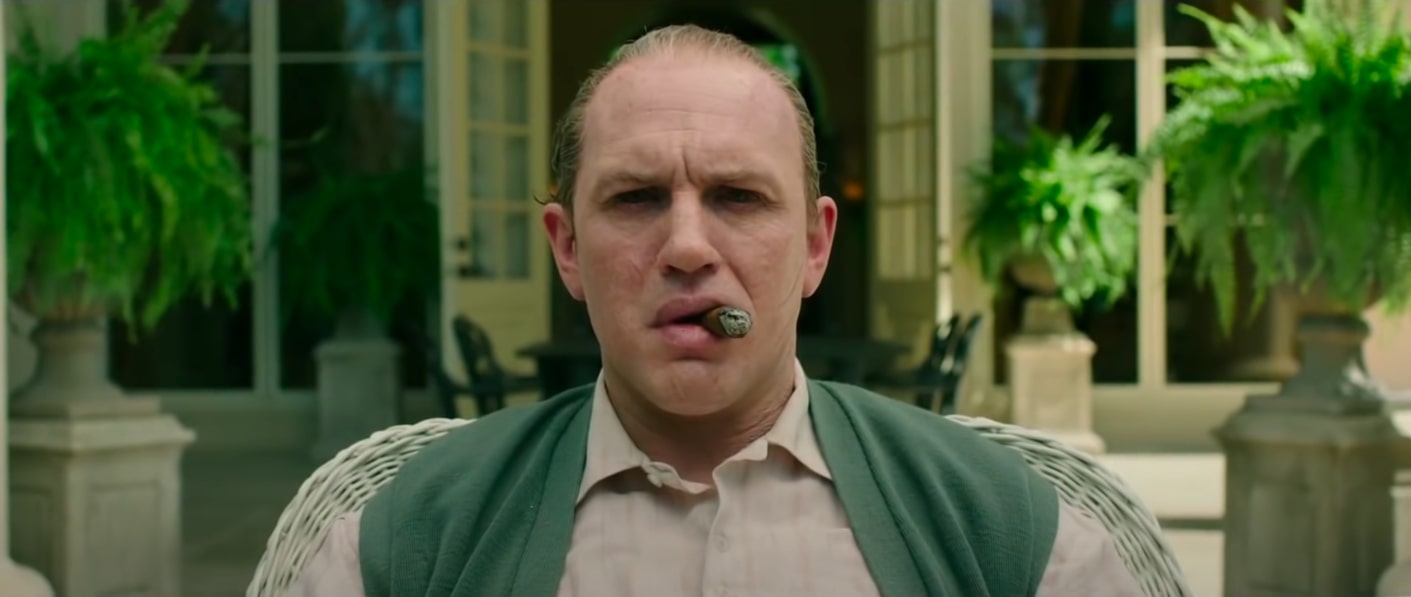‘Capone’ directed by Josh Trank features the life of Al Capone, played by Tom Hardy. The film highlights the life of an American gangster, in his latter years bound by the blurry memories of his life. The film crafts together pieces of his life through the daunting hyper-real memories he witnesses at the onset of dementia. It is a careful blend that attempts to bring some originality on to the screen.
Is Capone Based on a True Story?
Yes, ‘Capone’ is based on the true story of the real-life American gangster, Al Capone. The film is a biographical drama that is predominantly based on Al Capone’s life after his release from prison. Al Capone is etched in the history of not just the US but of the world in both notoriety and counter culture.
Al Capone
Alphonse Gabriel Capone rose to fame during the Prohibition Era when there was a ban on the production and sale of alcohol in the 1920s and the early half of the 1930s. It was a movement led by the Protestant group to curb the society of what they deemed as an ‘ill habit.’ In addition, they also wanted domestic violence, corruption, and other such issues that stem from alcohol to see an end.
However, this lack was used as a business opportunity by Al Capone, who is also called by the name, ‘Scarface.’ Born in New York to an immigrant Italian couple, he was introduced to organized crime in his youth. In his twenties, he became part of a syndicate that supplied alcohol illegally to make profit. This would also give him his lifelong enemy, the North Side Gang, that came with the business as he was handed down Johnny Torrio’s bootlegging empire.

Capone married Mae Josephine Coughlin, with whom he had a son named Albert Francis “Sonny” Capone. The couple remained married until he passed away. Capone contracted syphilis when he was working as a bouncer. However, he did not seek the right treatment, which later came back to claim his life.
He expanded the business and become a respected figure as the leader of the Chicago Outfit. He also made several donations to various charities. However, all of this changed in the face of a public massacre of his rival gangs. This then gave him the status of a public enemy. Regardless of federal authorities tailing him, what he got indicted for was tax evasions in 1931. He was sentenced to 11 years in prison as a result of it.
Life Post Conviction
Al Capone’s health began to deteriorate while he was in prison. This led to his early from prison. After being refused treatment in the famous Johns Hopkins Hospital, he was taken in by the Union Memorial Hospital. He then underwent treatment for paresis, caused by syphilis. This then drastically affected his brain and adjacent functionality. As a token of gratitude to the hospital that took him in, he gifted them two Japanese cherry weeping trees. He was also one of the first recipients of penicillin when it came out. Though it managed to help slow down the infection, it was too late to curb it.
He then spent his remaining days at his mansion in Florida. This is also the juncture at which the film, ‘Capone’ begins. Neurosyphilis which was the cause of his illness also began manifesting in the form of dementia. In 1946, his doctor claimed that his mind was akin to that of a 12-year-old’s. Capone spent the rest of his life with his wife and grandchildren. He had a stroke, which was soon followed by a cardiac arrest. As a result, he passed away in a few days.
A Legend in Popular Culture
Al Capone remains highly represented in various texts within Popular culture to this day. The multitude of books, music, and films he has been represented in are countless. He remains in many sense a symbol of not just one’s imagination but also the country’s history of economy, politics, grandeur, and violence. He was also a ‘Robin Hood’ like figure who reached out to serve and help the poor. As a family man, and a gangster, his tale continues to be re-interpreted and re-invented.
Read More: Best Gangster Movies on Netflix


You must be logged in to post a comment.